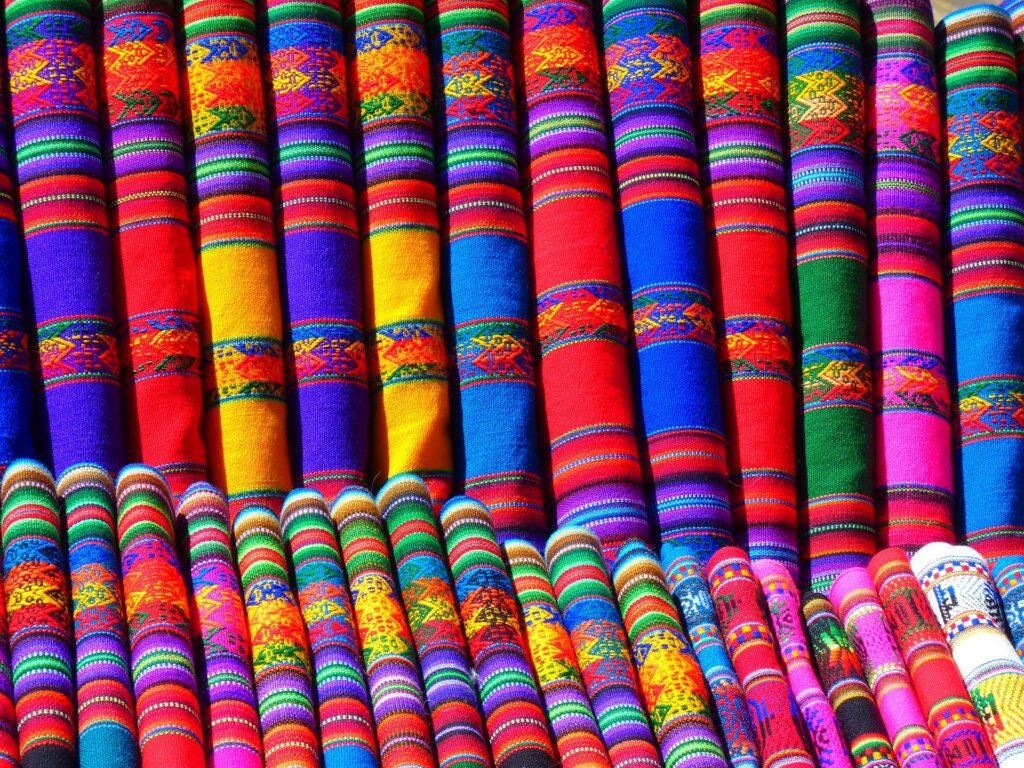
In the realm of 2024 fashion trends, sustainability has emerged as a defining factor in the choices of both designers and consumers. One of the key elements driving this shift is the increased use of sustainable fabrics. Fabrics such as organic cotton, hemp, and Tencel have garnered significant attention for their eco-friendly properties and reduced environmental impact compared to conventional materials.
Organic Cotton:
Organic cotton is cultivated without the use of synthetic pesticides or fertilizers, promoting healthier soil and water systems. It reduces the environmental footprint of cotton production, making it a preferred choice for eco-conscious fashion brands. Its soft texture and versatility also contribute to its popularity among designers aiming for sustainable collections.
Hemp:
Hemp is celebrated for its versatility and sustainability. It requires minimal water and pesticides to grow, thriving in diverse climates around the world. Its fibers are strong and durable, making hemp an ideal choice for durable clothing items like jeans and outerwear. As more designers explore hemp’s potential, its presence in sustainable fashion collections continues to grow.
Tencel (Lyocell):
Tencel, also known as Lyocell, is derived from sustainably sourced wood pulp, typically from eucalyptus or beech trees. The production process is environmentally friendly, using a closed-loop system where solvents are recycled. Tencel fibers are known for their softness, breathability, and biodegradability, making them a preferred choice for eco-friendly apparel and accessories.
Conclusion:
The adoption of sustainable fabrics like organic cotton, hemp, and Tencel represents a significant step towards reducing the fashion industry’s environmental impact. As consumer awareness grows, so does the demand for clothing made from these materials. By prioritizing sustainability in fabric choices, designers and brands can contribute to a more sustainable future for fashion.
